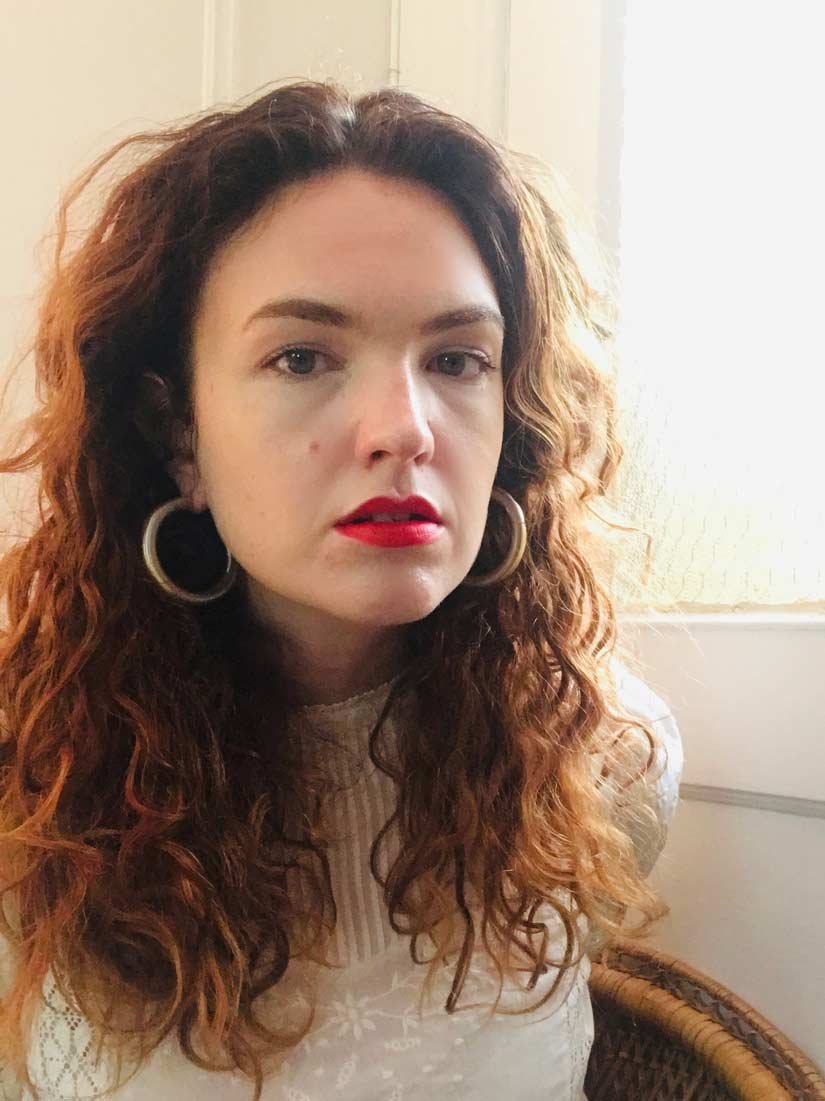Artworks by Mia Funk
GIULIO BOCCALETTI
Author of Water, A Biography
Natural Resource Security & Environmental Sustainability Expert
Chief Strategy Officer 2016–2020, The Nature Conservancy
PAULA PINHO
Director of Just Transition at the European Commission Directorate-General for Energy
RON GONEN
Founder & CEO of Closed Loop Partners
Fmr. Deputy Commissioner of Sanitation, Recycling & Sustainability, NYC
MARCIA DESANCTIS
Journalist, Essayist,
Author of A Hard Place to Leave: Stories from a Restless Life
JEAN WEINER
Goldman Environmental Prize Winner
Founder of Fondation pour la Protection de la Biodiversité Marine, Haiti
DERRICK EMSLEY
Co-founder & CEO of veritree - Data-driven Restorative Platform & tentree Apparel Co.
DR. FARHANA SULTANA
Co-author: Water Politics: Governance, Justice & the Right to Water
Fmr. UNDP Programme Officer, United Nations Development Programme
NEIL GRIMMER
Brand President of SOURCE Global · Innovator of the SOURCE Hydropanel: Drinking Water Made from Sunlight and Air
ALAN JACOBSEN
Director of Photography
Emmy & Sundance Special Jury Award-Winning & Oscar Nominated Documentaries
RICHARD VEVERS
Founder & CEO of The Ocean Agency
BRIAN WILCOX
Chief Engineer & Co-founder of Marine BioEnergy
Grows Kelp in the Ocean to Provide Carbon-neutral Fuels
SETH M. SIEGEL
Entrepreneur, Public Speaker & NYTimes Bestselling Author
Let There Be Water: Israel’s Solution for a Water-Starved World
Troubled Water: What's Wrong with What We Drink
JOELLE GERGIS
Lead Author of the IPCC Sixth Assessment Report, Author of Humanity’s Moment
JAY FAMIGLIETTI, Fmr. Senior Water Scientist at NASA Jet Propulsion Laboratory, Exec. Director, Global Institute for Water Security, Host of "What About Water?" Podcast
ROB BILOTT
Environmental Lawyer, Partner Taft Stettinius & Hollister LLP
Author of Exposure: Poisoned Water, Corporate Greed, and One Lawyer’s Twenty-Year Battle Against DuPont
JILL HEINERTH
Explorer, Presenter, Author of Into The Planet: My Life as a Cave Diver
OSPREY ORIELLE LAKE
Founder & Executive Director of the Women's Earth & Climate Action Network International
Author of Uprisings for the Earth: Reconnecting Culture with Nature & Artist
JESS WILBER
International Outreach Citizens’ Climate Lobby
Coordinator, Senior Stewards Acting for the Environment
BERTRAND PICCARD
Aviator of 1st Round-the-World Solar-Powered Flight, Explorer, Founder, Solar Impulse Foundation
IBRAHIM ALHUSSEINI
Founder & CEO of FullCycle Fund
GARY GRIGGS
Global Oceans Hero Award-Winner · Distinguished Professor of Earth Sciences
Director Institute of Marine Sciences at UC Santa Cruz 1991 to 2017
Sample Credits:
BBC News Excerpt, Public broadcast, 19th July. Fair usage, courtesy Simon Gurney, BBC Studios Limited.
BBC News Excerpt, Public broadcast, 19th July. Fair usage, courtesy Simon Gurney, BBC Studios Limited.
UN Broadcast Excerpt, Greta Thunberg, Young Climate Activist at the Opening of the Climate Action Summit 2019, United Nations license 24 October 2022.
CBS News Excerpt 1970. Fair usage, archive courtesy Leah Hodge, CBS



















